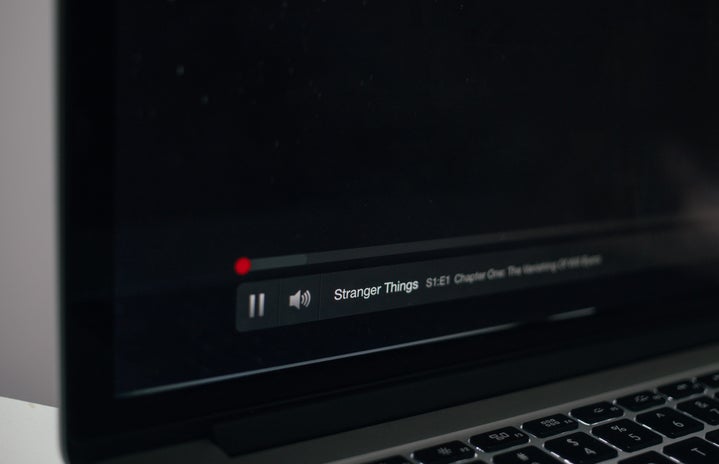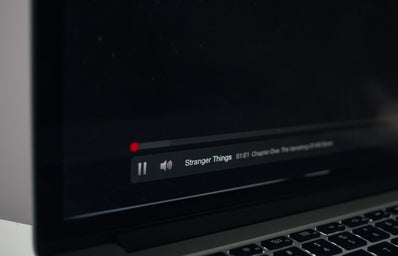As an avid Type A planner, I think that any thing of any sort is a waste of time if it doesn’t last for a long time, if not forever.
Well, I hope you’re not like me at all in this sense because that sentence should be very concerning.
At least, I used to be like that. There are still some wrinkles I need to iron out, but for the most part, I’ve changed my mind about how I view the temporary. What I once saw as ephemeral and energy-consuming I now regard with dignity. Temporary friendships, romantic endeavors, jobs, hobbies, whatever. Instead of being eternally bitter about an experience that didn’t last, I am now grateful that I had the opportunity to experience it at all. In my eyes, we need multiple temporary experiences under our belts in order to get the most out of life.
I like this mantra far better than the whole “everything happens for a reason” cliche. To me, that rehashed phrase is a terrible point of view because how is it to justify instances of tragedy or trauma? Instead, we should get to decide if discrete aspects of life are necessary or not, thus assigning some along the way as temporary. The temporary gives us a chance to opt out of people, places, career paths, etc., that may not bring us joy.
Sound familiar? You know it. KonMari Method that ish. If you aren’t aware of the absolute glory that is The Life-Changing Magic of Tidying Up by Marie Kondo or her Netflix series, essentially the organization expert Kondo uses a method that eliminates items in one’s life using one criterion: does it bring joy? If yes, keep it. If no, discard it.
But it’s not just discarding it. You can’t just unceremoniously YEET an older sweater into a pile. Kondo emphasizes that every single item ever has a job. If it no longer brings joy, you must thank it for the joy it once brought and the time it has served its duty, then discard it. This opened my eyes. I realized that perhaps you can apply the KonMari Method to not only objects but everything. If you view everything as a potential for the temporary, you can thank the experience for what it had done for you, then move on. Discard the person, place, career path, etc.
The giving of gratitude can be applied in multiple ways. Since I strongly believe that not everything happens for a reason, I like to get a little facetious about the gratitude towards unjustifiably terrible experiences. Instead of thanking the experience, thank yourself for getting out of it. Done and done. Thank me for leaving behind something, someone, or someplace that no longer serves me. Otherwise, I believe one should sincerely find something to be grateful for in most lukewarm experiences. For example, I hated being a research intern in a bioengineering lab. I quit after a year and am so grateful to have had that experience because I wouldn’t have known what I really wanted out of a career path if I hadn’t tried a hands-on version of what I thought was my dream job. This led me to critically think about what I wanted to do instead, and a path towards becoming a pharmacist was illuminated. Now, I feel like I’m exactly where I am supposed to be and I could not feel more joy.
The person I used to be wanted to map everything out from the start. People had to look good on paper before I would even consider going on a date with them. My past career choice was glamorous when I read about it in scientific journals. The dream university I applied to seemed to be everything I had ever wanted. Real life, however, does not work out according to plan. I realized that attraction and compatibility could not be forged. I learned that research is fun to read about, but absolutely heinous to carry out personally. And what on earth made me think a liberal arts college that took none of my hard-earned high school credits would be a good fit for me?
Temporary experiences create options. They invite introspection. They encourage curiosity. Essentially, I believe temporary experiences are necessary for making the right decision when it comes time to settle on what you want to keep forever. If you don’t try out a few paths, how do you know what you really want? I know that if I had held on steadfastly to the aforementioned decisions I had made, I would have regretted them for the entirety of my life. I thank them for what they’ve taught me, and now they are rendered temporary. And it doesn’t stop there. Since then, I have made more temporary and some permanent decisions, and I will continue to do just that. Without this mindset, I don’t think I would have ever really let go of some sadness left in my heart about my personal temporary experiences. I’ve become less jaded about losing friendships or romantic relationships. Sure, they didn’t last, but that doesn’t mean I don’t get to look back fondly on them! I can be simultaneously through with it and happy about it.
So. Regard the experiences you currently possess. The people, the place, the career path, the school, you name it. Do they individually bring you joy? Keep it. If not, thank it for its service and discard. Rinse, repeat, and you will maximize joy in your life in ways you couldn’t imagine.
Image Source: Giphy


